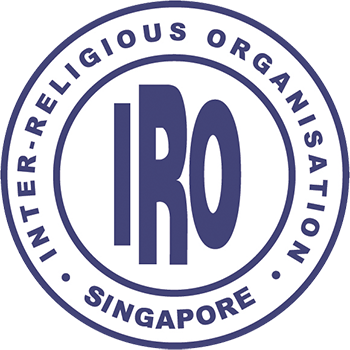Taoism
Taoism or Daoism is the indigenous religion of ancient China. The beginning of Taoism can be traced back to the era of the Yellow Emperor some 4700 years ago, and promoted by Laozi during the Spring and Autumn Period. Taoism was formally established as a religion some 1800 years ago by Zhang Daoling during the Eastern Han Dynasty. Taoism was named after the ‘Dao’ which refers to the way or the path. It is regarded as the underlying force in the universe which governs the movements and changes in the Universe. The key purpose of religion is to learn the ‘Dao’. Yin and Yang, complementary opposites, comprise the Taoist Taiji symbol and this is an allegory to the positive and negative happenings that often occur in tandem in our lives.
